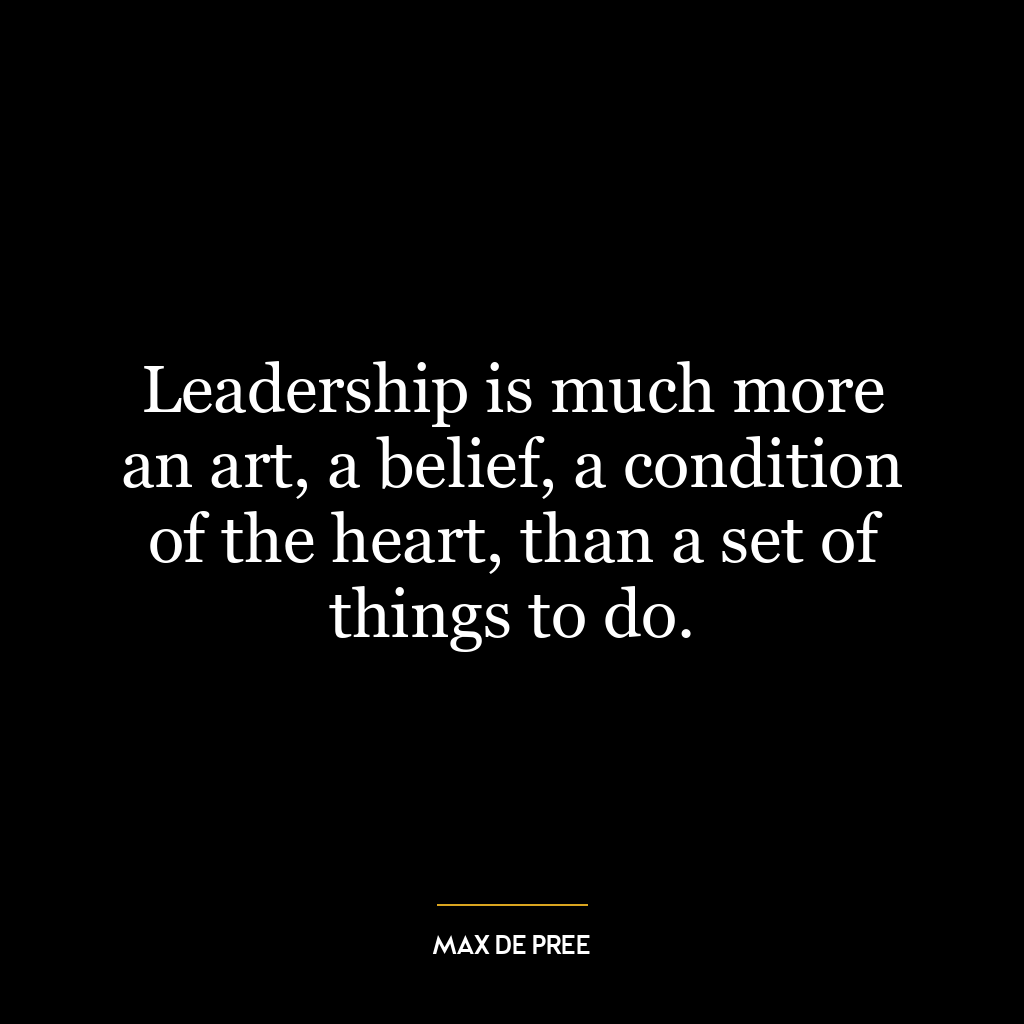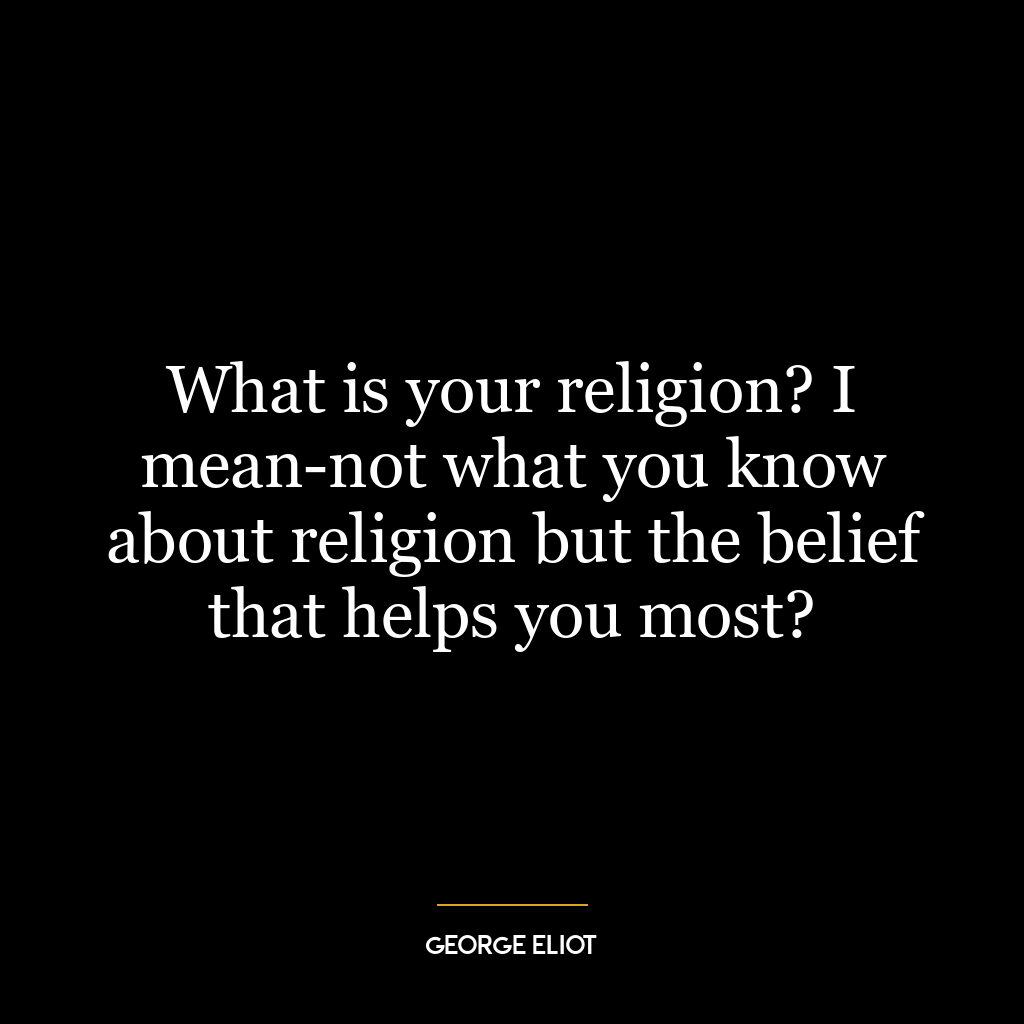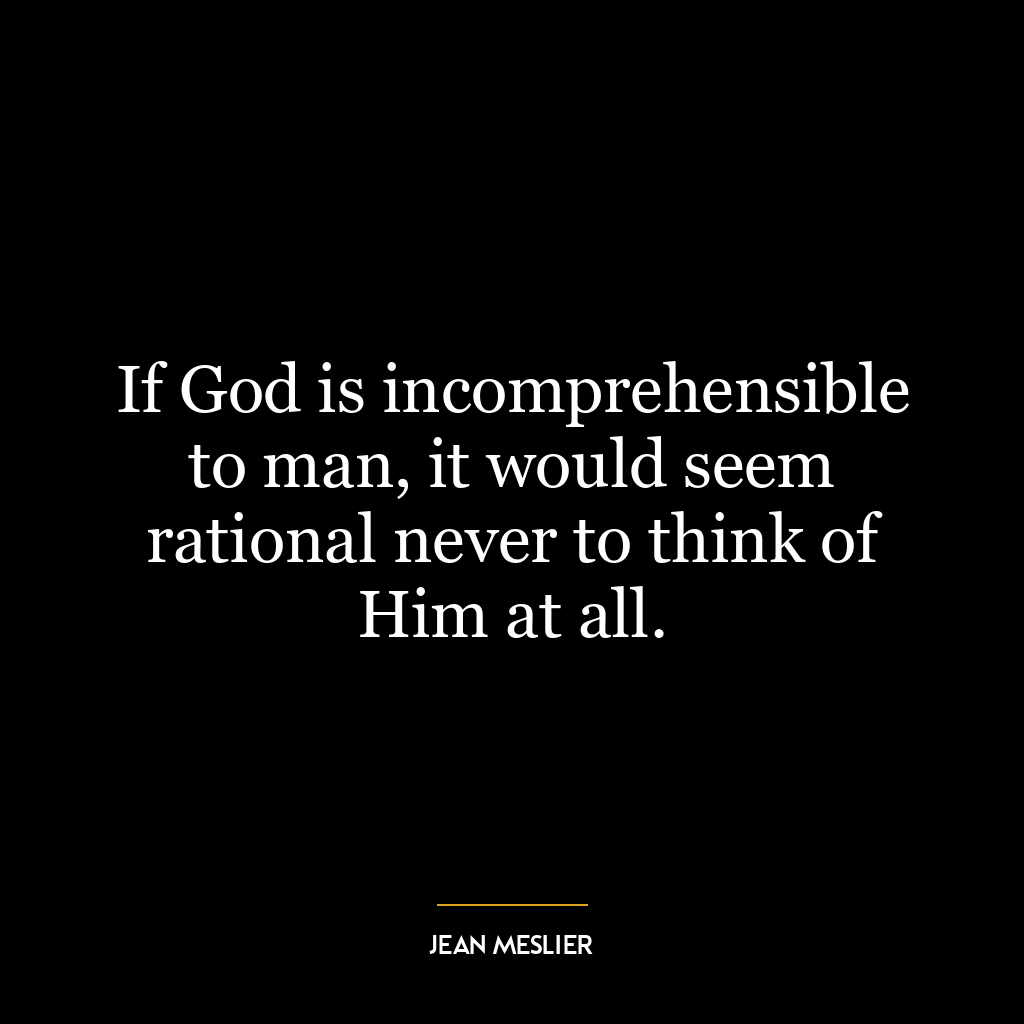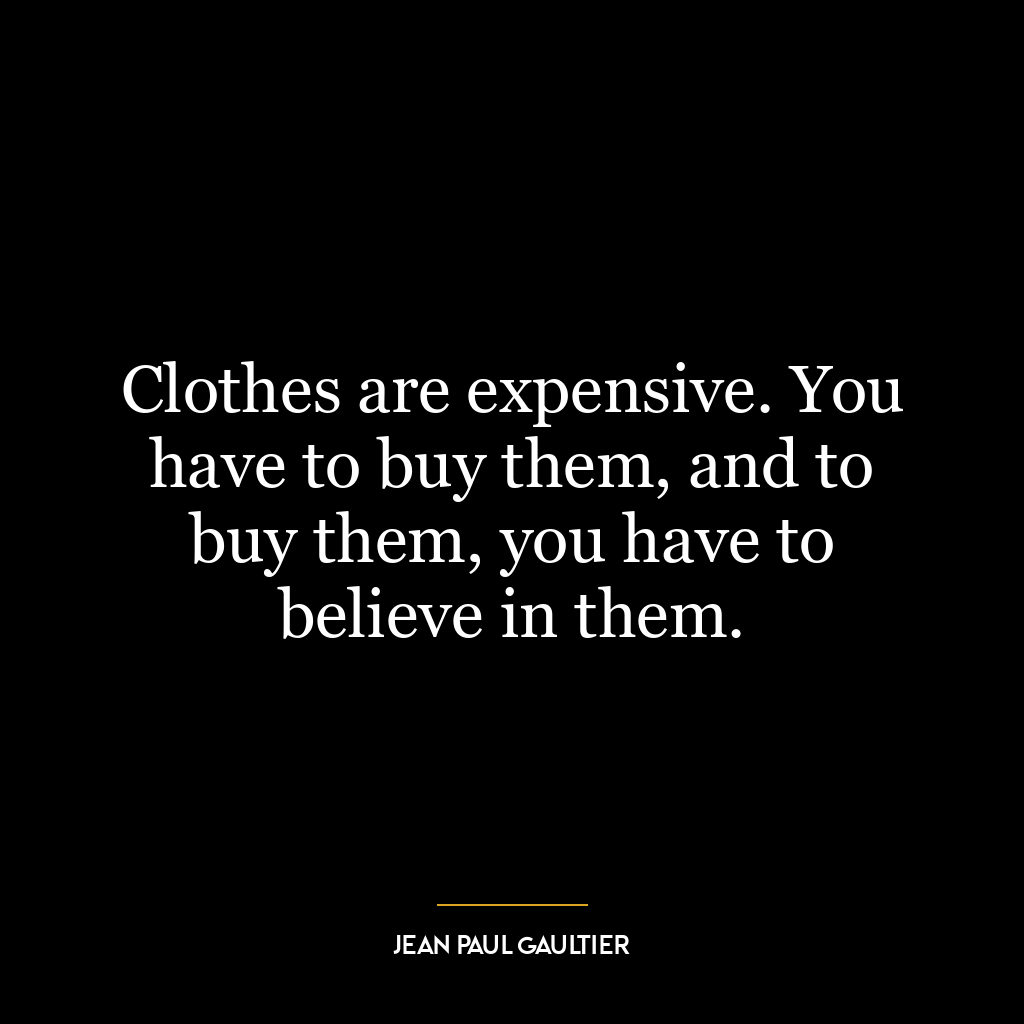I believe in universal health care. And I am not afraid to say so.
This quote signifies a strong endorsement for universal health care, a system where every individual, regardless of their socio-economic status, has access to the health services they need without suffering financial hardship. Stephen Hawking’s assertion is not just an abstract principle; it’s a conviction that he is unafraid to express, reflecting his belief in the fundamental right of everyone to access medical care.
The idea of universal health care is rooted in the belief that health care is a human right and not a privilege reserved for those who can afford it. It’s about equality and social justice – ensuring that everyone, regardless of their circumstances, can access the care they need. This is an idea that resonates with many people, but it’s also a contentious issue, with opponents arguing that it’s not financially feasible or that it could lead to a decline in the quality of care.
In today’s world, universal health care is more relevant than ever. The ongoing COVID-19 pandemic has exposed the stark inequalities in health care around the world. Those with access to better health care services have a higher chance of surviving and recovering from the disease. This has sparked renewed discussions about the importance of ensuring that everyone, regardless of their wealth or status, has access to the health care they need.
On a personal development level, embracing the idea of universal health care can lead to a greater sense of empathy and social responsibility. It can inspire individuals to advocate for policies that promote equality and justice, and to challenge the status quo when it falls short of these ideals. It’s about recognizing that everyone’s well-being is interconnected, and that ensuring everyone has access to health care benefits society as a whole.










